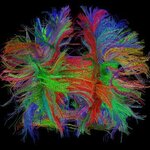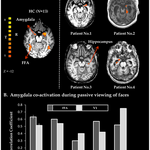
You've seen advertisements on television for websites like Lumosity and claims that games that will 'train' your brain to be better.
Well, they sort of work, it's not total snake oil, though they work mostly at teaching your brain to solve the puzzles in those websites and games, which is not really improving anything. Elliot T. Berkman, a professor in the Department of Psychology at the University of Oregon and lead author on a new paper, says that training for a particular task does heighten performance, but that advantage doesn't necessarily carry over to other things. So if solving…





